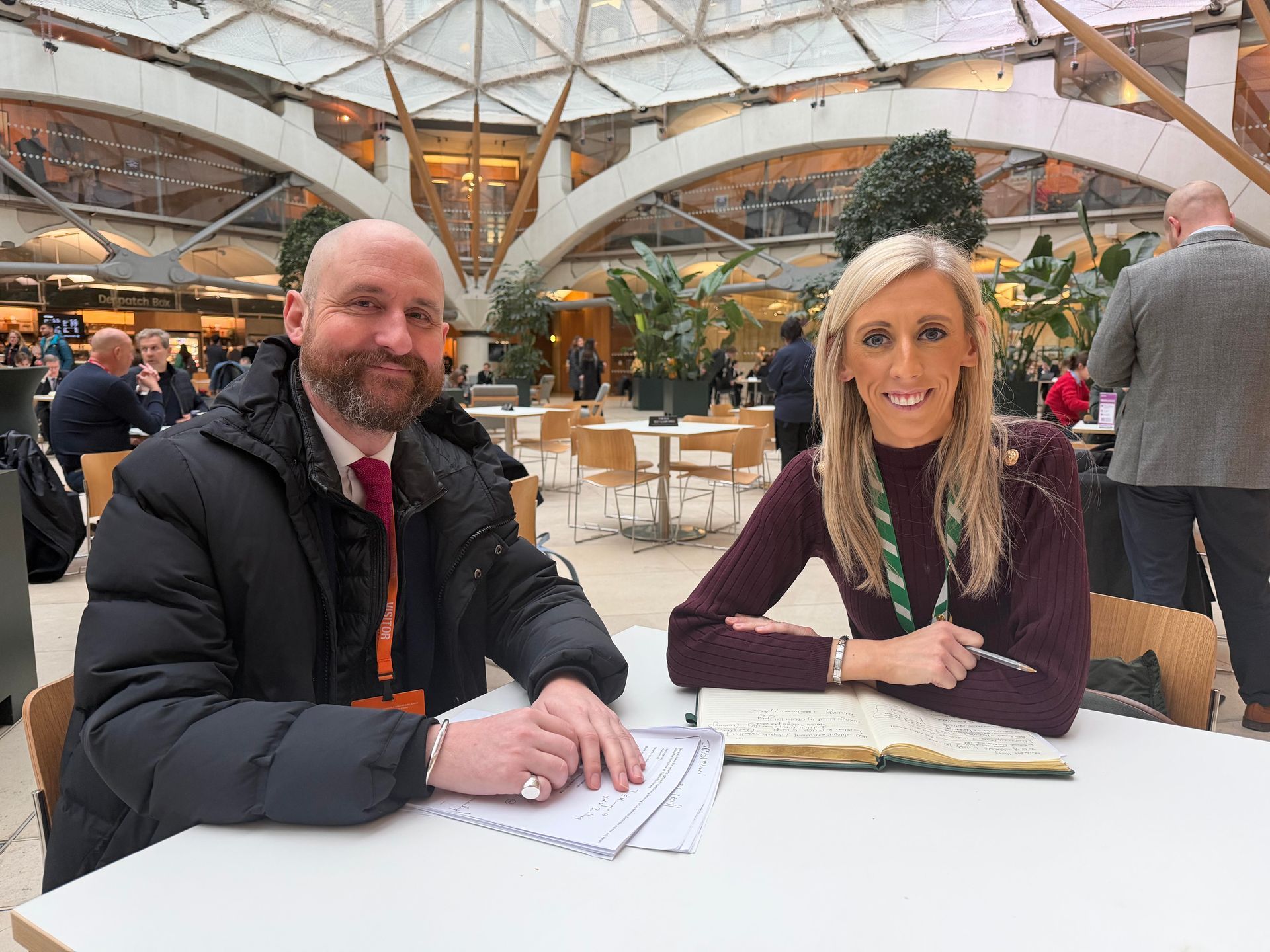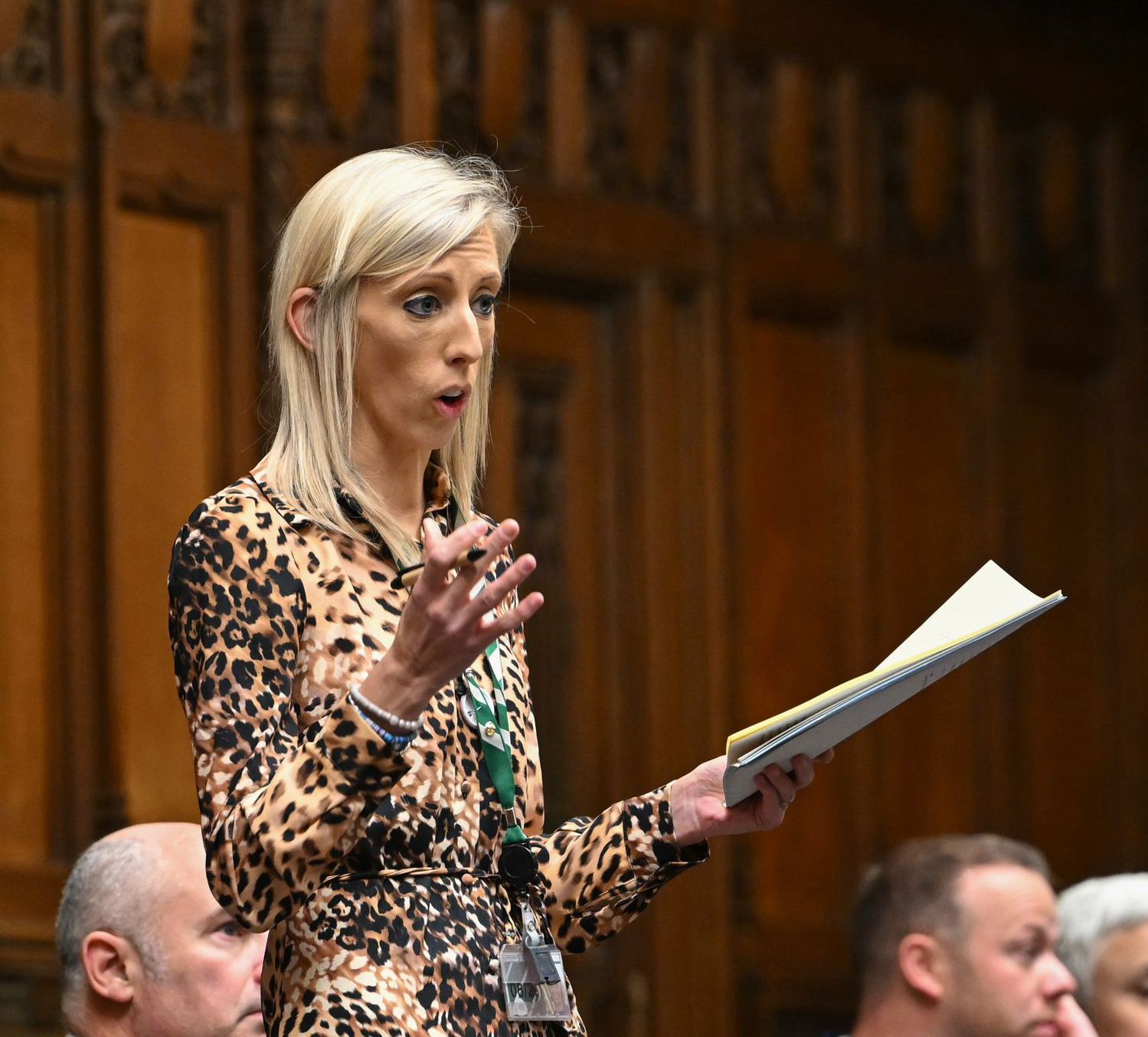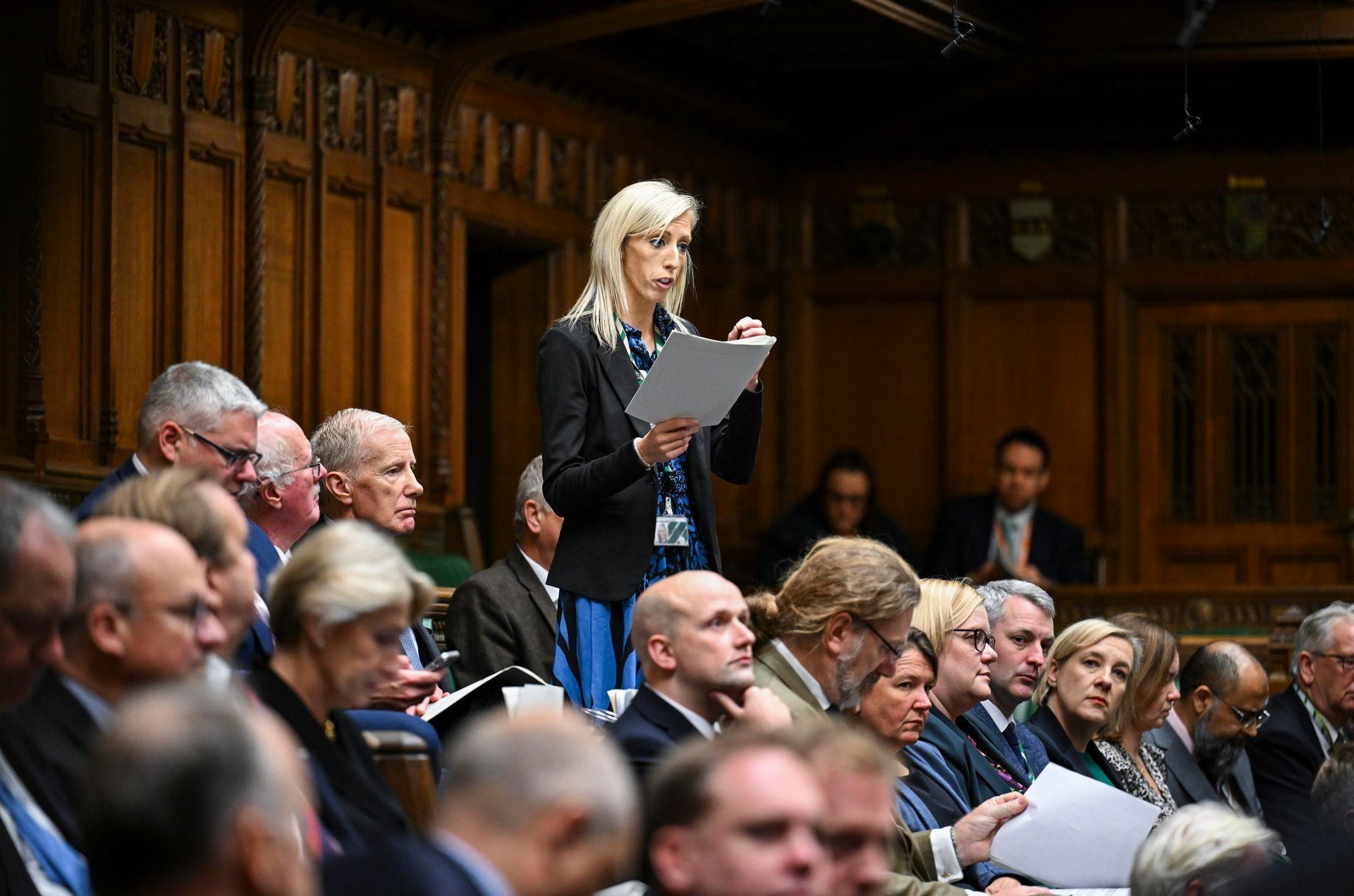NAP proposals will damage NI farms and pave a path to livestock cull
Upper Bann MP Carla Lockhart has criticised DAERA’s delayed Nutrients Action Plan (NAP), saying it further highlights just how out of sync the Minister is with grass-roots farming in Northern Ireland.

The MP warned of the serious impact the NAP will have on the agriculture sector, stating: “There are huge concerns that over 3,500 farm businesses in Northern Ireland will fall victim to the tougher phosphorus regulations. DAERA’s proposals are damaging, and have been described by farmers as unacceptable and unrealistic.
“For example, compulsory use of low emission slurry spreading equipment (LESSE) by 2030 is unaffordable and unjustifiable for many livestock enterprises, especially small beef and sheep farms.
“I have been contacted by concerned dairy farmers who see the NAP proposals as another plot to drive them out of business. A leading milk producer has told me the figures just don’t add up. To maintain his current system in line with incoming NAP regulations, he would need three times more land or be forced to significantly reduce cow numbers.
“Feelings are running high, with many suggesting DAERA is on a path to decimate livestock farming and cull farm animals. If this is the case, agriculture, jobs and food security will be severely jeopardised.”
The DUP’s Westminster agriculture, environment and rural affairs spokesperson has also accused DAERA of jumping the gun with plans to reduce nutrient overload on farmland.
“Millions of pounds have been invested in the Soil Nutrient Health Scheme and the Sustainable Utilisation of Livestock Slurry project, but rather than waiting on the results the Minister is prematurely rolling out another action plan.
“When is he going to realise that the Net Zero agenda is a fantasy? In reality, the UK cannot make a meaningful difference as it contributes just 1% to the global problem.
“DAERA needs to focus its energy on building trust and establishing a respected working relationship between farmers and the regulatory agencies. That means setting realistic and achievable goals which will enhance the environment, improve water quality and contribute to the profitability of family farms.”
She added: “Yet again, DAERA needs to go back to the drawing board to deliver a practical and balanced plan instead of pointing the finger of blame and penalising farmers!
“Minister Muir has repeatedly referred to four key principles; education, enforcement, incentivisation and regulation when addressing ways to improve water quality in Lough Neagh. The NAP document is top-heavy when it comes to enforcement and regulation, but fails to provide education and incentives to encourage participation from farmers.”
“The Minister is fixated on environmental issues. When is he going realise that farmers are part of the solution, rather than branding them as the problem? Farmers are custodians of the land and fully committed to doing what they can to protect the environment and improve water quality.
“For this strategy to work, DAERA needs to focus on meaningful engagement with landowners, rather than layering even more bureaucracy and red tape on their shoulders. In my opinion, the long-awaited NAP consultation is very biased and totally miscalculated.”
Ms Lockhart added: “The long-term goal is improved water quality and sustainable food production which is crucial for all consumers in Northern Ireland. There is no quick-fix, and we already know that, as farmers have been working to improve water quality since the first Nutrient Action Plan was introduced in 2007.
“It’s time for co-ordinated planning and a more constructive approach. Excess phosphorus is contributing to the blue green algae issue in Lough Neagh. Scientific evidence confirms that additional measures are needed to enhance water quality, but farmers and agricultural sources should not be used as scapegoats. Other sectors are also at fault.
“I would suggest the DAERA Minister and his Executive colleagues need to start by getting their own house in order, especially as a lack of investment in infrastructure and raw sewage pollution is having a significant environmental impact, and posing a risk to public health and wildlife habitats. Figures suggest that approximately 18m tonnes of treated and untreated wastewater are discharged into local rivers, lakes and the sea on an annual basis.”
DAERA is aiming to carry forward all measures outlined by 2019 NAP regulations. The latest proposal features additional measures, which subject to consultation and approval by the devolved Stormont Executive, could kick in at the start of January 2026.
The Nutrients Action Plan (2026-2029), available on the DAERA website, is open for consultation until midnight on Thursday, 26th June 2025. Carla Lockhart MP is encouraging farmers to engage and take time to read and complete the 51 questions contained in the 23-page online document.
Share









